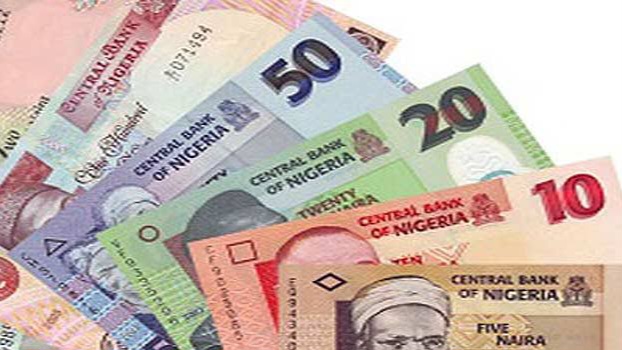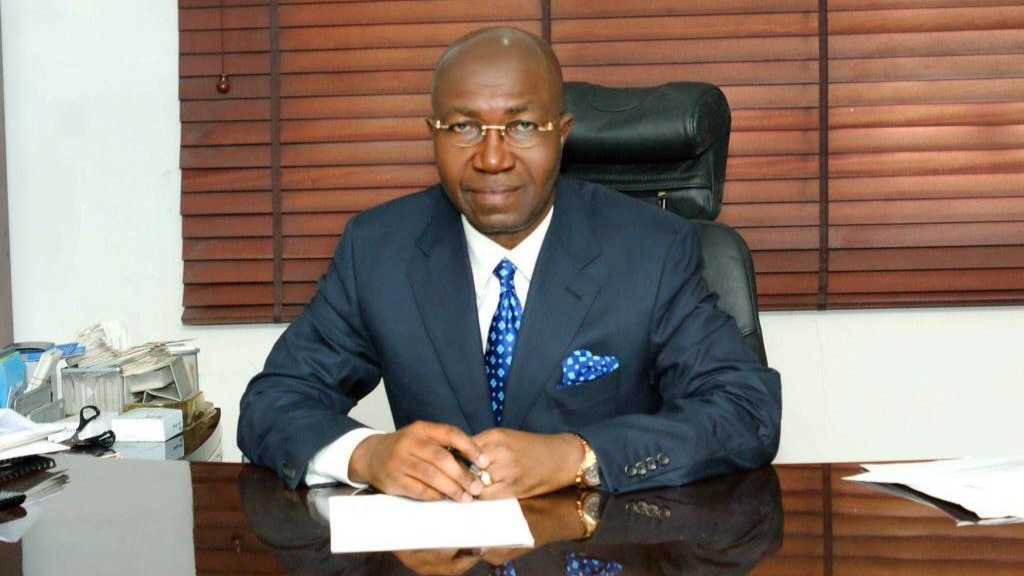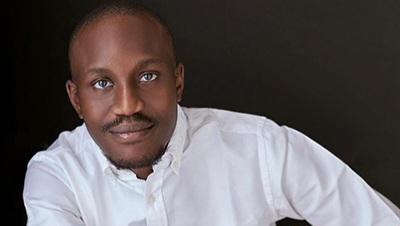Recently, Dr Sota Omoigui suddenly hit the news and the airwaves in Nigeria. Dr Omoigui did not get published or became a trend on the internet just because he is a doctor practicing his art of medicine somewhere in the belly of the United States of America. His name did not hit the radio airwaves because he wrote another paper that speaks to one of the numerous medical problems that have remained like a plague against mankind. Yet, he became popular in Nigeria because he wrote an article. He wrote about one action of the government and through his brilliant article, he became a sensation. Omoigui saw that the labours of Nigeria’s heroes had been toned down. In addition, he observed that the rulers of our country were the ones that had destroyed the heroes’ works by themselves. Sota Omoigui is the composer of “Arise o Compatriots”, the national anthem Nigeria recently threw overboard.
Interestingly, “…the labour of our heroes past shall never be in vain” is one of the profound moral suasions Omoigui put in that discarded national anthem. This man must also be feeling hard done by when he remembers that line in his trashed composition. It’s more of a hit that this development happened right before his very eyes – his labour and that of others who composed those words and made them into music must have now gone down the drain. Omoigui and all the others who worked in that era and eventually gave us “Arise O Compatriots” must have stretched themselves so much to impress the government and people of Nigeria, and thereby contribute to the development of the country. The concerned Nigerians were surely feeling the bitter aftertaste of a Nigeria still dripping with the vestige of colonialism and must have wanted to leave their own footsteps in the sand of time in a new Nigeria.
Eventually, they came up with a national anthem that was adopted by the government and which was meant to shave us of all the colonial hair that had covered our prestige as a people. The Nigerian government of that era approved the anthem and gave it to Nigerians as our own home-made expression of national identity. While this was done, there was nothing to suggest that one day, a government would come and throw all the work of many months overboard in a few days of confounding executive-legislative camaraderie.
Some Nigerians, however, have maintained that the labour of those national anthem heroes was unimpressive to the current president. That is why he took on the song headlong in a show of power. When this contention was queried, a video was unearthed which shows President Bola Ahmed Tinubu, before he became President Bola Ahmed Tinubu. In the video, he spoke on his disposition to the defunct national anthem. Tinubu didn’t like ‘Arise o compatriots’ as much as he loves “Nigeria we hail thee”. In the video, President Tinubu was shown as he said he was in love with the anthem the colonialists gave us. He also said he would definitely be disposed to doing something about ‘Arise o compatriots’ it if he had the powers. He got the power when he became the president in 2023 and, true to his promise he did something about it regardless of the labour that went into the production of the anthem. He hurriedly changed to “Nigeria we hail thee” with which we launched an independent Nigeria in October 1960.

The National Assembly of course provided President Tinubu the lifebuoy in the sea of that unexplained change of anthem. The labour of those heroes didn’t matter to our lawmakers. Now, the fate of their labour is best judged by you, dear reader.
Nigeria’s other heroes whose labour is a few steps away from the threshold of extinction are found on some denominations of the Naira, our beloved currency. Check the currencies to know if there’s anything you’d remember about the men whose photos you see. Except something drastic and dramatic happens, the memories of our heroes whom we celebrated through our currencies are gradually fading into our dark, distant past. Can you imagine the last time you saw N1, N5, N10, N20 and N50? Do you even think about these currencies? Perhaps we should not add N50 to the list yet because it’s still seen around. However, with the Nigerian economy in such quandary, how much longer are we going to have the N50 with us? Recall that after N20, which reigned for a reasonable time, N50 came in October 1991 with such fanfare and became the star currency in Nigeria, and was referred to as “Better Life” in the South West. Do you remember Wasiu Ayinde Marshall (now K1 De Ultimate) singing that N50 was the currency of his choice?
Do you also remember the great Nigerians whose photos adorn these moribund bank notes of ours? Or, are they not moribund? Well, they are still legal tenders when or if you see Nigerians transacting businesses with them, and you’ll surely need to think for a few moments before it comes back to you whose photo is on which. Many Nigerians will fail a snap quiz on who are the Nigerians on some of our currencies. Do we still remember that we had Dr Hebert Macaulay on one of our bank notes? Have you remembered the lucid Alhaji Tafawa Balewa? Ever heard of Dr Alvan Ikoku and his exploits in the Nigerian education scene? What about General Murtala Muhammed…? Where are those currencies on which we have these heroes of our country?
Painfully too, the N100 is also highly endangered. The currency which has the image of “the best president Nigeria never had” is also not treated as a national treasure anymore. Sadly, the entirety of Chief Obafemi Awolowo’s life was tailored to the building of a sustainable and egalitarian Nigeria. How much of what this revered sage did for Nigeria are we teaching with our current political life as a nation? How many of our children would speak well of our country based on the various things they encounter in the Nigerian polity of today?
On the economic plane, should we not wonder what it would have been like for our purchasing power as ordinary people of Nigeria if the lower denominations of our bank notes were still available in our daily transactions? My neighbourhood store would have sold for that article N520 instead of N550 or even N800 if the right currencies were to be available for each transaction that involves change. With the way our currencies are speeding away from real value, where would we be in the next ten years as a country? No 15-year-old Nigerian child spent any of our lower denomination currencies, and it’s safe to classify N1 in this bracket. They are no longer spending N5 and N10 because these currencies can hardly purchase any item.
The question on the fate of our heroes past is staring us in the face. What can we now say if asked about the labour of our heroes past with regards to these things? An attempt to answer this question points to a declining value system that is fast engulfing our country.
Nigeria needs a very urgent value reorientation that would ignite a radical change in the society. We need more than the ongoing street protests that are demanding for an end to bad governance, we also need an end to bad followership. But it is like the egg and chicken situation – and I think the leadership should purge itself first and see its cleanliness permeate the country.
The successful protests which began on Thursday, August 1st is one of the many ways of saying Ásókàta eze Anya, e kpúrú èkètè n’ihu gwa ya ókwú… when you get sick and tired of the king’s indiscretions, you cover your face with your straw hat and tell him the bitter truth. Let’s see if the king will act or sit up.





